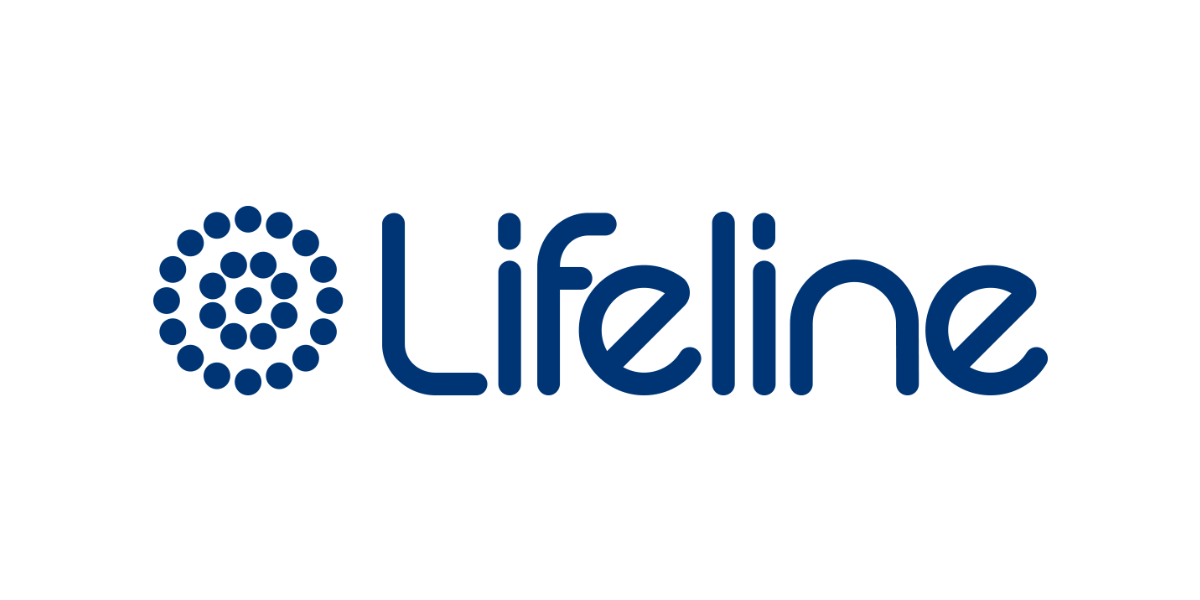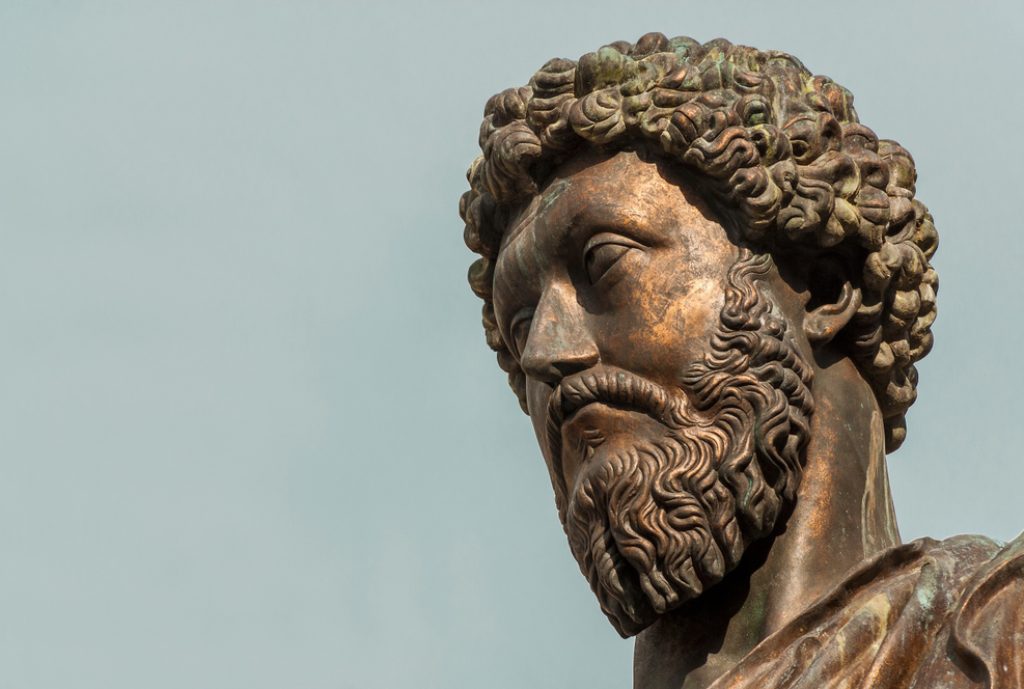Over the past three years, I have become a student of philosophy, with a big focus and practical alignment to Stoicism. It was through a discussion in an online philosophy group, about a year ago, that I journeyed closer to the social aspect of Stoicism, with its emphasis on our responsibility to others and the importance of working for the common welfare of humanity. Doing things that make the world a better place is essential if we want to live a significant and fulfilled life.
Stoic philosophers argue that we should view ourselves as citizens of the world rather than merely as members of a specific nation, class, or group. This cosmopolitan view, articulated by the Stoic thinker Hierocles, suggests that our moral duty extends beyond immediate circles to encompass all humanity. By actively participating in and improving our communities, we fulfil a greater purpose, aligning ourselves with nature’s rational order.
Stoicism teaches that we are responsible for our moral progress and improving society. Seneca, for instance, advised that wisdom and knowledge are meaningless unless they are used to help others. A Stoic does not merely retreat into contemplation but actively engages with the world, striving to correct injustices and alleviate suffering where possible.
Stoicism encourages individuals to work for the common welfare through leadership and public service. Despite his power as a Roman Emperor, Marcus Aurelius viewed his role as a duty rather than a privilege. He constantly sought to govern with fairness, humility, and a sense of responsibility to his people.
The Stoics remind us that the world is neither inherently good nor inherently bad; rather, it is shaped by the actions of individuals. To live a meaningful life, we must contribute to making the world a better place. This does not necessarily mean grand gestures or dramatic acts of heroism; simple, daily choices to act with kindness, integrity, and generosity can have a profound impact. The Stoic philosopher Epictetus encouraged people to focus on what is within their control. While we may not be able to eradicate all suffering or injustice, we can take meaningful steps toward improving our immediate surroundings. This can include mentoring others, engaging in charitable work, advocating for truth and fairness, or simply treating others with respect and empathy.
For several years, I had been toying with ideas on what I could do for others. Something for the homeless, perhaps some skills-based support or mentoring, a local charity, maybe supporting underprivileged kids or those with disabilities. One of the guys in my philosophy group volunteered for a crisis helpline. I got a sense of how integral such a service was to the community. Directly impacting individuals in their most vulnerable moments. How a simple, compassionate conversation can help someone feel heard, understood, and less alone. Or at critical, imminent times, playing a role in preventing self-harm or suicide. By offering emotional support, volunteers build a more resilient and connected community where people know they can reach out for help.
I began researching Lifeline and was drawn to several key aspects of the service. Supporting help-seekers requires patience, understanding, and non-judgmental attitudes, which are areas I can work on improving. Crisis support isn’t about giving advice; it’s about helping people find their solutions and inner resilience, which can have a lasting impact on their well-being.
I had often found myself as the person friends and family would turn to in times of need, and I realised that my ability to listen and provide comfort was something I could use to help on a broader scale. Deciding to work for Lifeline was not a decision I made lightly. Time and emotional availability were significant considerations. After much reflection, I realised that becoming a crisis supporter was the path that aligned with my values and desire to help others in their most vulnerable moments. I was going to work on my self-awareness and engineer the capacity to commit to this task.
The training process was both rigorous and enlightening. The theory component introduced me to the fundamentals of crisis support, active listening, and the complexities of mental health crises. I learned the importance of being non-judgmental, offering support without direct advice, and how to work through a support process to de-escalate situations. The practical training sessions were invaluable, enabling me to apply my learning through role-playing exercises and receive real-time feedback from experienced mentors. I was super nervous during the first role-playing sessions, fearing I wouldn’t say the right thing or fail to provide comfort. But with each session, my confidence grew, and I began to trust in the process.
Through this journey, I gained technical skills and grew personally. I developed a deeper understanding of human resilience and the power of genuine connection. The training reinforced the importance of self-care and boundaries, ensuring I could be present for help seekers without becoming overwhelmed. I learned to recognise my emotional limits and the importance of seeking support when needed. This experience has already changed how I approach my relationships, making me a more patient and understanding friend and family member.
“What is the first business of one who practices philosophy? To rid himself of self-conceit. For it is impossible for a man to begin to learn what he thinks he already knows.” Epictetus
The more I learned, the less I felt I knew. Still, when the two-hour practical assessment arrived, all the hard work intersected to give me the skillset to handle several challenging role-play scenarios, graduate, and receive the accreditation needed to take help-seeker calls from people in a real crisis.
Then came the moment I had been preparing for—taking my first call as a crisis supporter. My heart raced as I logged in, unsure of what to expect. The call came through, and I took a deep breath before answering. The help seeker on the other end was experiencing intense distress, and I leaned into my training, offering them a compassionate and safe space to express their emotions. As the conversation unfolded, I witnessed the profound impact of simply listening. It was an incredibly humbling experience to witness someone slowly shift from a state of hopelessness to one where they felt heard and understood. By the end of the call, they expressed gratitude for being listened to and for the support they received. That moment solidified my belief in the work we do.
Some parts of the lifeline support system feel unnatural for me, but the process works, and I trust it. As I become more comfortable in the role, I will continue to improve.
Contributing to society in this way has given me a sense of purpose unlike anything else. Each call reminds me of the strength and vulnerability within us all. Being a crisis supporter for Lifeline is more than just volunteering; it is a commitment to being there for others in their darkest times, providing hope when they feel lost, and ensuring that no one has to face their struggles alone.
My Stoic journey took a different path the moment I stepped into Lifeline’s Northern Beaches Call Centre. I had moved past what initially drew me to Stoicism, which was the attraction to managing my emotions, being disciplined, more balanced, and courageous. This self-centred version of Stoicism was a game-changer for me at the time I needed it, but I knew there was more to explore and adopt. Trophies, championships, degrees, and job success don’t even get a look-in. Knowing that I’ve been there for someone during their darkest hour is one of the most deeply meaningful experiences of my life, perhaps the most rewarding.
Stoicism is more than a philosophy of personal endurance; it guides ethical living and social responsibility. By recognising our duty to others, working for the common welfare, and striving to improve the world, we contribute to society’s well-being and achieve personal fulfilment. In a world that often encourages self-interest, Stoicism reminds us that true significance comes from service, justice, and the relentless pursuit of virtue. In embracing these ideals, we live better lives and leave a lasting, positive legacy for those who come after us.
There are small and large experiences like this out there for everyone. Experiences whereby, giving, you get more back. Imagine a world where we live for each other, not ourselves. It doesn’t have to be a big commitment; it doesn’t have to be right now, but include others in your plans. As Seneca said, “wherever there is a human being, there is an opportunity for kindness.”
* As a postscript note, not all support calls turn out better than they started. Sometimes, the help seeker identifies no strengths. Even with the best intentions, some calls may not fully connect, but presence, compassion, and non-judgmental support remain key.



